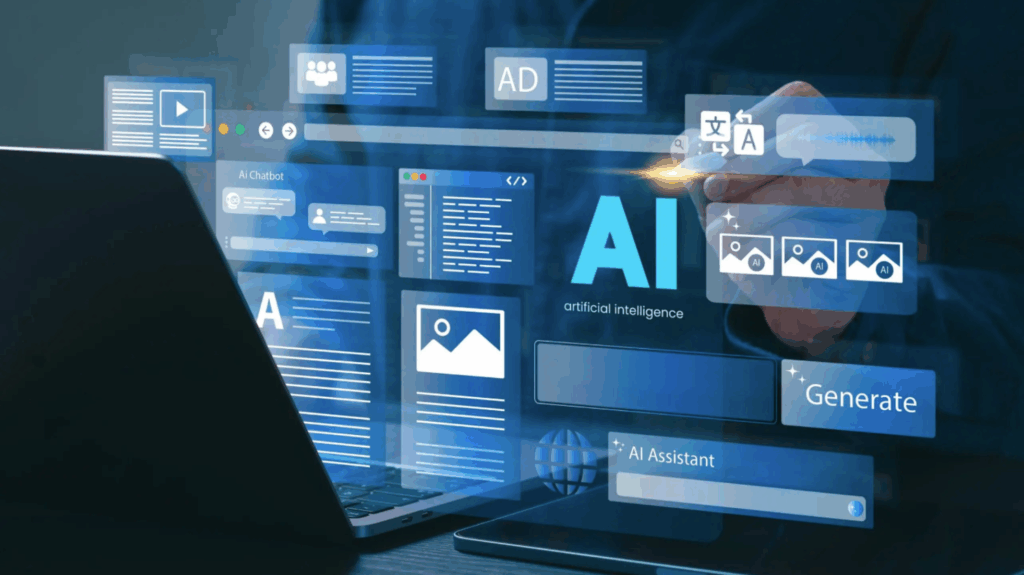Little doubt exists that artificial intelligence (AI) is here to stay. It’s developing at what feels like a day-by-day rate and is changing the way we work. It’s also causing unease among those who feel their roles and responsibilities are under threat.
So, what are the advantages and disadvantages of AI in business?
The advantages of AI in business
1. Increased efficiency
The adoption of artificial intelligence in business can free employees up from repetitive tasks and allow them to work on more complex or creative work, like video marketing.
In addition, systems driven by artificial intelligence can work without breaks, increasing efficiency and productivity.
2. Improved decision making
Machine learning can quickly and accurately analyse large amounts of data, providing insights to help make informed decisions. AI can create algorithms that predict future trends, aiding strategic planning and forecasting.
3. Better customer experience
Artificial intelligence in business can personalise customer service and interactions, offering recommendations based on preferences and behaviour. AI-powered chatbots, like Zendesk, provide instant customer support. Others can also generate posts to social media platforms in real time. This can increase a business’s reach and customer engagement.
4. Reduced costs
Automation and efficiency improvements using AI tools can lead to reduced costs. AI reduces the likelihood of human errors, which can be costly to fix. It can also identify market gaps and opportunities, leading to innovative product development.
It’s clear that early adopters of generative AI technology can gain a significant advantage over competitors. It is not, however, without its disadvantages.

The disadvantages of AI in business
1. Cost of implementation
The adoption of AI solutions in business can be expensive, requiring significant investment in technology and training. Ongoing maintenance and updates can also be costly.
2. Job losses
AI can lead to job losses as it automates repetitive tasks that humans previously performed. However, there is a growing need for employees with skills to work alongside AI, creating a skill gap in the workforce.
3. Data privacy and security concerns
AI tools often require large amounts of data, raising concerns about data privacy and security. Systems can also be vulnerable to cyber-attacks.
4. Dependence on technology
Businesses may become too dependent on AI systems, which is an issue if the technology fails or malfunctions. Excessive AI use in customer interactions can lead to a loss of the personal touch that many customers value.
AI offers significant advantages to businesses, it also comes with several challenges. Businesses need to weigh up the pros and cons of AI to maximise the benefits while minimising risks.
Explore our Business Knowledge Hub for additional resources and tips to help grow your business.













